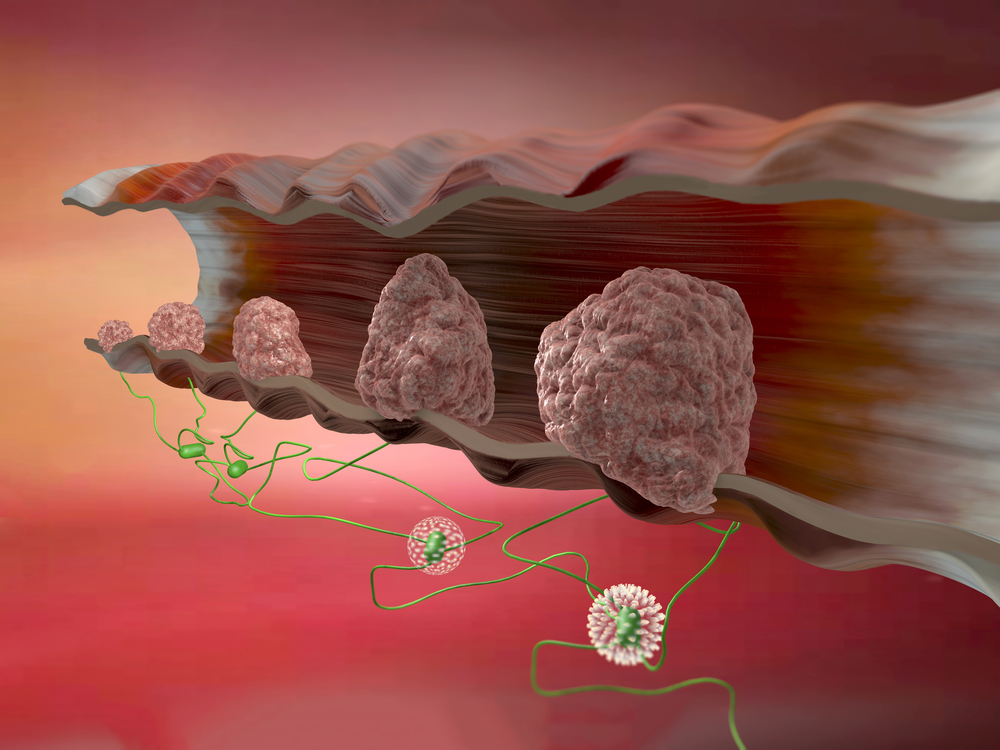Researchers at Sylvester Comprehensive Cancer Center at the University of Miami Miller School of Medicine are reporting a key finding about the immune system and how it responds to tumor development, particulary in colorectal cancer.
Glen N. Barber, Ph.D. and head of the viral oncology program at Sylvester, said this is the first close look at how the stimulator of interferon genes (STING) signaling pathway may help alert the immune system to transformation on the cellular level.
The study, “Deregulation of STING Signaling in Colorectal Carcinoma Constrains DNA Damage Responses and Correlates With Tumorigenesis,” was published in the journal Cell Reports.
The STING signalling pathway, discovered by Barber, has been known since 2008 to recognize viral and bacterial infections, he said.
“But until now, little had been known about its function in human tumors. In this study we show for the first time that STING signaling is repressed in colorectal carcinoma and other cancers, an event which may enable transformed cells to evade the immune system,” Barber, also a professor and chairman of cell biology at UM’s Miller School of Medicine, said in a news release.
In 2008, Barber and colleagues published an article in Nature about the discovery of STING as a new cellular molecule able to recognize viral and bacterial infections and initiate host defense and immune responses. Now, the team describes the potential of STING in colorectal cancer (CRC) suppression.
Intestine-associated malignant disease frequently develops from colonic epithelial cells that accumulate genetic alterations in key genes involved in cellular growth control. If detected early, colon cancer can be treated successfully. But if the tumor has already spread, survival rates are often low.
Using CRC disease models, researchers found that loss of STING signaling adversely affected the body’s capacity to identify DNA-damaged cells. Specifically, some cytokines — small proteins that are important for cell signaling — which ease tissue repair and anti-tumor priming of the immune system were not produced in a sufficient amount to trigger an appropriate immune system response to eliminate colon cancer cells.
“We were able to show that impaired STING responses may enable damaged cells to elude the immune system,” Barber said. “And if the body doesn’t recognize and attack cancer cells, they will multiply and, ultimately, spread to other parts of the body.”
The team suggests that STING signaling should be evaluated as a prognostic marker for the treatment of colorectal and other cancers. The research revealed that cancer cells with defective STING signaling are more disposed to attack by oncolytic viruses currently used as cancer therapies. Other studies have also indicated that activators of STING signaling stimulate anti-tumor immune responses, Barber and his colleagues said.


